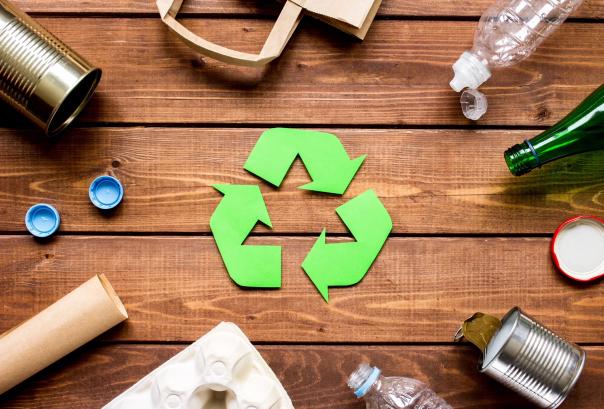Hospitality businesses struggle to beat single-use plastic waste, research finds

A YouGov survey commissioned by environmental charity Keep Britain Tidy and Brita UK found that only 8% of SME businesses in the hospitality sector say they have used incentives such as purchase discounts to encourage customers to change their behaviour around single-use plastics.
Sarah Taylor, managing director of Brita UK, said: “The last few years have seen a sea change in our awareness of the impact of single-use plastic on the marine and wider environment.
“It’s been exciting to see so many household name businesses take big steps to reduce their single-use plastic footprint, from providing staff with reusable alternatives, such as reusable water bottles and coffee cups, to trialling refill schemes for customers in stores. As a business this is something BRITA has been proud to be a part of. But it’s clear that smaller organisations have not been as confident at making changes, despite what their customers and staff are saying.
“The opportunity for hospitality businesses to make a real change in the industry and appeal to their customers is huge. We encourage SMEs in the sector to come together to find solutions to the challenges posed by single-use plastic.”
The research found that the hospitality sector is ‘lagging’ when it comes to making progress in reducing their single-use plastic footprints. Only half of the senior decision makers surveyed (52%) say their hospitality business is doing all it can to reduce its single-use plastic waste.
17% said that their organisation has taken steps to replace any single-use plastic in their supply chains in the past 12 months. Only 34% believed that their business is responsible for encouraging its customers to reduce consumption of single-use plastics, while a quarter (26%) thought their business has a duty to be a leader in their sector on this issue.
When it comes to their supply chains, just 6% of hospitality businesses have audited how they use single-use plastics and only 10% have selected new suppliers based on their environmental credentials in this respect.
The research suggests that one of the key problems to businesses taking action is an unwillingness to take a leadership role and be a first mover in a sector. 46% said that their business is not motivated at all by the opportunity to implement change ahead of others and be a leader in single-use plastic waste prevention in their sector.
Despite 73% of senior decision makers in hospitality SMEs acknowledging that staff want to reduce their single-use plastic footprint, and 58% thinking their customers want this, it found that obstacles included:
- Finding environmentally friendly alternatives that do the same job (71%) and the high cost of alternatives to single-use plastic (67%) are cited as key challenges for businesses to reduce single-use plastics
- Only 9% have installed or increased the availability of filtered drinking water taps or fountains since last summer
- Only 22% have replaced some or all of the single-use plastics staff use with reusable or non-plastic alternatives in the last 12 months
- Just 9% say their SME has run education or awareness-raising initiatives, for example communications campaigns, aimed at customers
